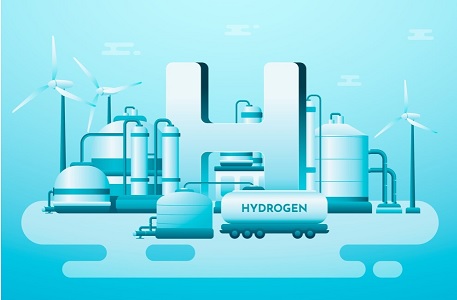The growth of Germany’s green hydrogen market remains heavily dependent on public funding, utility company E.ON (EONGn.DE) said on Friday. According to a study conducted in collaboration with the EWI energy research institute, the share of green hydrogen projects under construction or with final investment decisions has risen to 9%, up from just 3%, of the 2030 target of 11.3 gigawatts (GW) of electrolysis capacity, reported Reuters.
E.ON emphasized that government-backed financial support is the main factor accelerating progress in the sector. Without this support, the pace of development could be much slower, the company noted.
Why it matters
As per the media report, Germany aims to expand its electrolysis capacity to produce green hydrogen using wind and solar power, a key step in reducing carbon emissions in industries such as steel and cement. This transition is critical for Germany to replace fossil fuels and meet its climate goals. However, E.ON pointed out that the lack of clear and consistent hydrogen regulations is creating uncertainty for investors, making it difficult to establish the necessary value chain for the hydrogen market. Additionally, high electricity prices are making the future costs of hydrogen seem prohibitively expensive.
If Germany fails to develop a competitive hydrogen market, it risks falling behind countries like the U.S. and China in the global race for clean energy technologies.
By the Numbers
Germany’s domestic electrolysis capacity has grown by 68% from spring to reach 111 megawatts (MW), according to the biannual research. E.ON also suggested that the German government’s target of ensuring sufficient hydrogen import facilities may be achievable. By 2030, hydrogen demand in Germany is expected to range between 95 and 130 terawatt-hours (TWh) per year, with 50% to 70% of that supply being imported, the media report further added.
A significant part of this infrastructure development includes the planned core hydrogen pipeline grid, designed to complement seaborne imports. This project has already secured a €24 billion ($25.31 billion) loan from state lender KfW to support its development.





